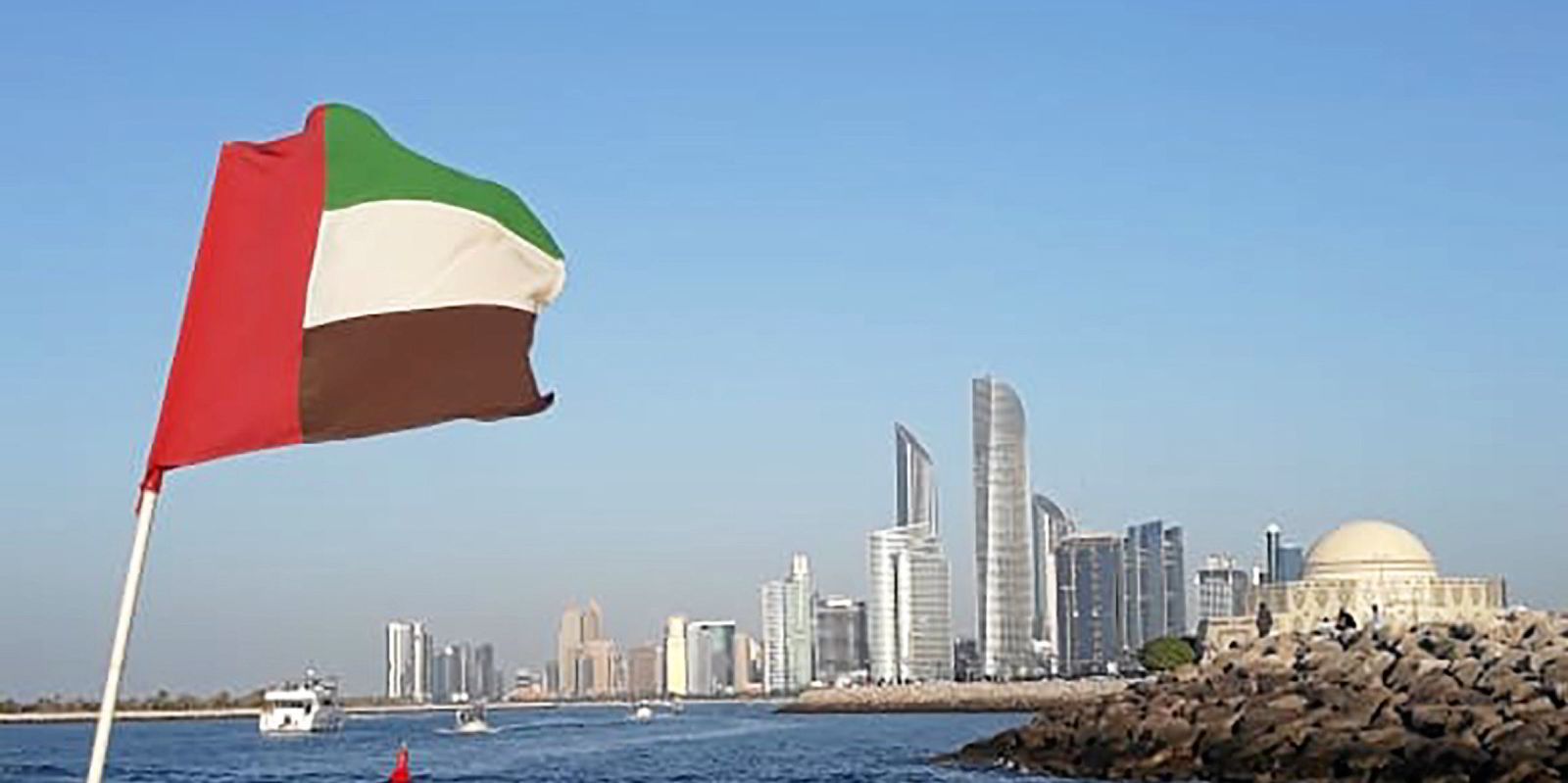One of the countries at the centre of so-called “shadow fleet” ownership says it will tighten insurance requirements for ships under its flag to reduce the risk of oil spills and accidents.
The United Arab Emirates claimed that its planned measures will help to attract “reputable investors” and would increase scrutiny of the record of shipowners.
The moves will have minimal impact on the current safety threat posed by the lightly regulated and elderly shadow fleet of tankers that are hauling Russian oil following the invasion of Ukraine in February last year.
The UAE registry only has 21 small tankers among its 656 vessels, with the biggest being the 17,500-dwt Al Samha (built 2010), according to Clarksons and VesselsValue databases.
The UAE’s Ministry of Energy and Infrastructure said it was targeting shipowners that are not members of the International Group of P&I Clubs, which provides liability cover for about 90% of the world’s ocean-going tonnage.
Non-members who cover UAE-flagged ships will have to provide a list of claims over $10m or details of the five largest claims they have handled, the ministry said.
They must also show evidence by the end of this month of their ability to handle claims including professional indemnity insurance with a minimum limit of $10m, it added.
“Higher standards of P&I across the nation will ensure more thorough evaluation and inspection of various factors such as the ship’s condition, maintenance records, compliance with safety regulations, and the shipowner’s track record,” it said.
The ministry added that it “aims to ensure the financial stability of industry stakeholders while mitigating the impact of unforeseen incidents”.
The UAE has become the top location for registering a previously owned or flagged Russian ships following the invasion of Ukraine, according to a report last month by S&P Global Market Intelligence.
It said 100 new companies were set up in 2022 that now controlled former Russian-owned or flagged ships or had vessels that called into Russian ports for the first time since the European Union’s crude oil ban was imposed on 5 December last year.
Flag state shuffle
But the UAE did not feature in the list of the top 20 flag states whose vessels made port calls to Russia in 2023, according to an earlier report in March. That list was headed by the world’s biggest flag states, Liberia, the Marshall Islands and Panama.
Some ships trading in Russian oil have since moved to small flag states such as Gabon after being de-registered for suspected sanctions-busting activity.
The shipping industry and regulators have warned that the rise in elderly vessels hauling Russian oil operating outside of the mainstream regulatory framework has increased the risk of a damaging accident.
Asian government have increased scrutiny of old tankers after the explosion and fire aboard the 96,700-dwt Pablo (built 1997) in the South China Sea in early May close to the entrance of the Singapore Strait.





